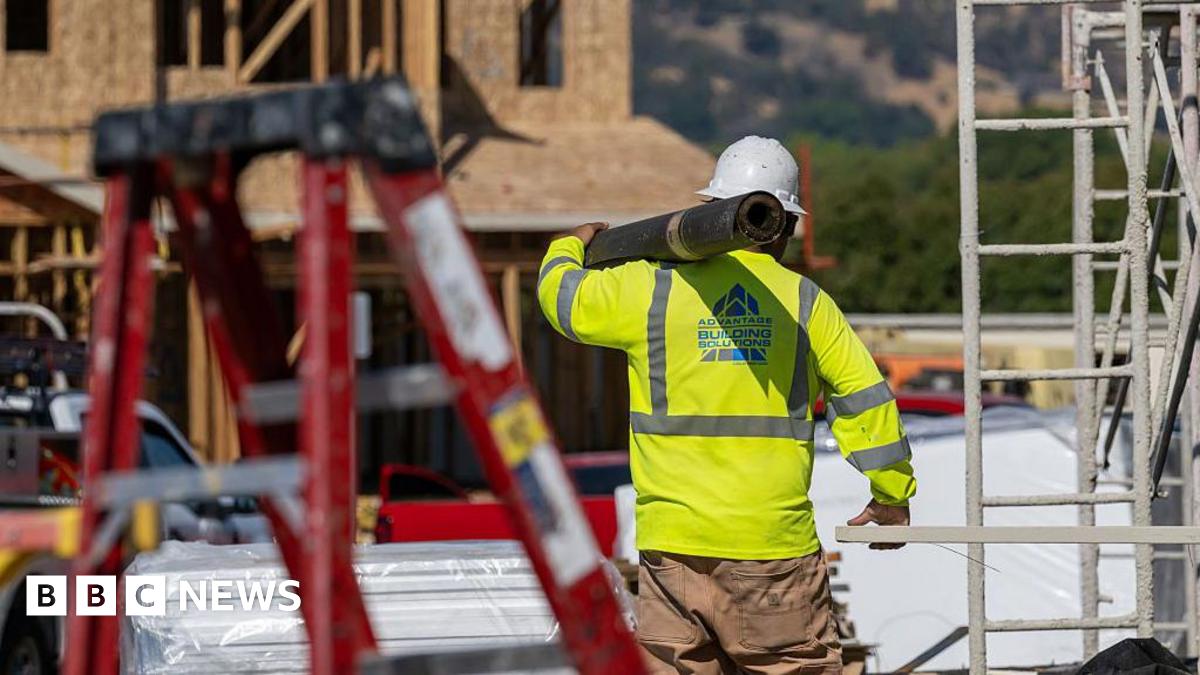Tariffs are taxes on imported goods typically charged as a percentage of a good’s value and are paid to the US government by companies bringing in the products.
These firms may pass some or all of the extra cost on to their customers, which in this case means ordinary Americans and other US businesses.
The president’s tariff policies have been a key feature of his second term in the White House.
Trump has previously imposed sector-specific tariffs on steel, copper, aluminium, cars and vehicle components.
The additional global 10% tariffs on softwood lumber means the product from Canada – the second largest producer of globally and a major US supplier – is now tariffed at more than 45%.
There is already a combined 35.16% US countervailing and anti-dumping duties placed on most Canadian producers as part of a decades-long dispute over the product between the two countries.
As part of existing trade deals with the US, duties on wood products from the UK will not exceed 10%, while those from the European Union and Japan will not exceed 15%.
The White House says Trump’s tariffs have been implemented “to protect against threats” to the US’s national security and to “strengthen manufacturing”.
But the National Association of Homebuilders said in a statement in late September that the new levies could raise housing costs.
“These new tariffs will create additional headwinds for an already challenged housing market by further raising construction and renovation costs,” said chairman Buddy Hughes.
According to Telsey Advisory Group managing director and senior retail analyst Cristina Fernández, retailers will have no choice but to raise prices on imported goods.
Speaking to the BBC’s US partner CBS News last month, she said retailers would try not to raise prices too much ahead of the holiday season, but “they can’t absorb 30% tariffs on top of other tariffs that are already in place”.
“They’ll have to pass through pricing, probably in the form of a double-digit price increase,” she added.
Last month Swedish furniture giant Ikea said the tariffs on furniture imports make doing business “more difficult”.
“The tariffs are impacting our business similarly to other companies, and we are closely monitoring the evolving situation,” the company said.
